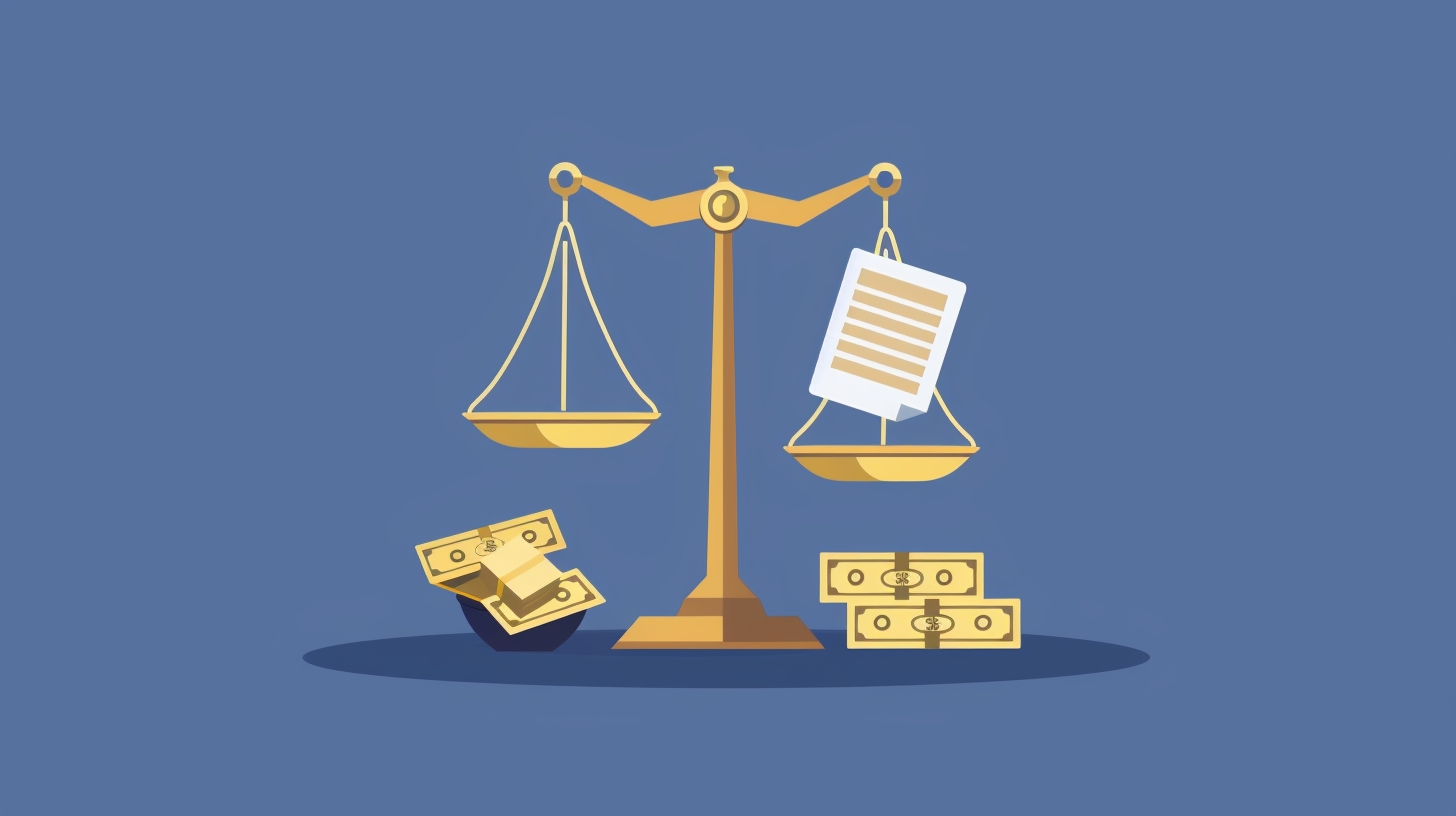September 16, 2025

When someone is facing criminal charges, the stress can feel overwhelming. The outcome of a criminal case may affect not just immediate freedom but also reputation, career, finances, and future opportunities. One of the most important decisions to make in this situation is choosing the right criminal defense attorney.
But for many people, an equally pressing concern arises: How much will it cost to hire a defense lawyer?
The financial side of legal representation is often misunderstood. Some expect astronomical fees, while others assume attorneys work for flat rates regardless of the circumstances. The truth is more nuanced. Criminal defense attorneys use different fee structures, influenced by factors such as case complexity, jurisdiction, and client needs.
This guide is designed to remove uncertainty by explaining how criminal defense attorneys typically structure their fees, what clients can expect in terms of costs, and why transparent discussions about money are essential from the very beginning. With this knowledge, individuals can approach their case with confidence, clarity, and peace of mind.
Money conversations can feel uncomfortable. Many clients hesitate to ask questions about fees because they fear it may appear insensitive or suggest they value money over their case. Others simply assume costs will be explained later, only to be caught off guard by bills they didn’t expect.
Legal fees should never be a mystery. When dealing with something as serious as criminal charges, financial stress should not add to the burden. Transparency, fairness, and flexibility are critical when discussing costs.
Clear communication about fees provides three major benefits:
Criminal defense attorneys typically use four main fee structures, each suited for different types of cases and clients.
A flat fee is a predetermined, all-inclusive price agreed upon before representation begins.
When flat fees are common:
Advantages:
Things to clarify:
Some attorneys charge by the hour, tracking time spent on meetings, research, filings, and court appearances.
When hourly billing is common:
Advantages:
Considerations:
A retainer is an upfront deposit paid into a trust account. The attorney deducts fees as work is completed. Once the retainer is exhausted, clients may need to replenish it.
Why retainers are common:
How retainers work in practice:
Some firms use hybrid fee structures to balance predictability and fairness.
Examples:
This model allows flexibility for cases that could either resolve quickly or stretch into lengthy trials.
No two criminal cases are identical. Fees can vary dramatically depending on circumstances.
Cases involving multiple witnesses, expert testimony, or large volumes of evidence naturally take more time. White-collar and federal cases, in particular, often involve thousands of documents to review.
Experienced attorneys may charge higher rates, but they often deliver better results and work more efficiently. The value lies in their skill, not just their hourly rate.
Rates vary widely depending on whether the case is in a small town, metropolitan area, or major legal hub.
Pre-trial negotiations may cost significantly less than full jury trials. Appeals, motions, and post-conviction work add further expenses.
Attorney fees cover the lawyer’s work, but some cases involve separate expenses, such as:
A reputable attorney will disclose these potential costs upfront and include them in the written agreement.
Many clients worry that quality legal representation is beyond their reach financially. The reality is that many firms understand these concerns and offer flexible payment options, such as:
Discussing payment options early ensures comfort with the arrangement.
It’s natural to compare fees when choosing an attorney, but remember: the cheapest option is not always the best.
The stakes in criminal defense are extraordinarily high. A conviction may result in fines, incarceration, probation, or a permanent record. Hiring the lowest-cost attorney may save money in the short term but could cost far more in lost opportunities, harsher sentences, or an unfavorable verdict.
Instead, focus on value: the combination of experience, reputation, communication style, and results — alongside a fair fee structure.
Clients deserve clarity about fees from day one. Best practices include:
This transparency allows clients to focus on their defense with confidence.
Navigating criminal charges is never easy. The stakes are high, the stress is real, and the financial side can feel overwhelming. But with the right information and the right attorney, individuals can face the process with clarity and confidence.
Legal fees should never be a mystery. By understanding common fee structures — flat fees, hourly billing, retainers, and hybrid models — and the factors that influence costs, clients can make informed decisions that balance budget with the need for skilled representation.
At the end of the day, the value of strong legal defense far outweighs the price tag. Freedom, reputation, and future are worth protecting. Transparent, fair, and professional attorneys ensure that every client understands financial commitments and receives the quality representation they deserve.
A: Many defense attorneys offer an initial consultation to discuss the case and fee options.
A: Yes, though the process varies. Unused retainer funds may be refunded.
A: Usually not. Appeals often require a separate agreement, since they are essentially new cases.
A: In most cases, yes. The outcome of a case can affect someone’s life for years to come — strong representation is an investment in the future.
Stay up to date with the latest tips, expert insights, product reviews, and step-by-step guides to help you grow, create, and succeed—no matter your industry or passion.